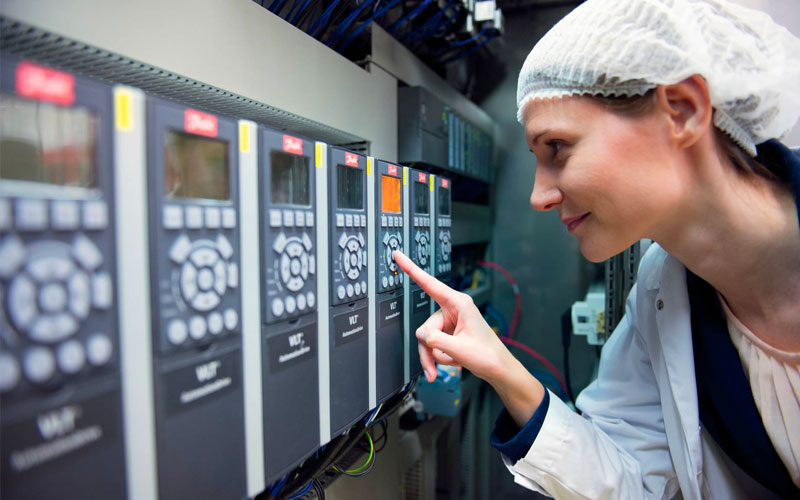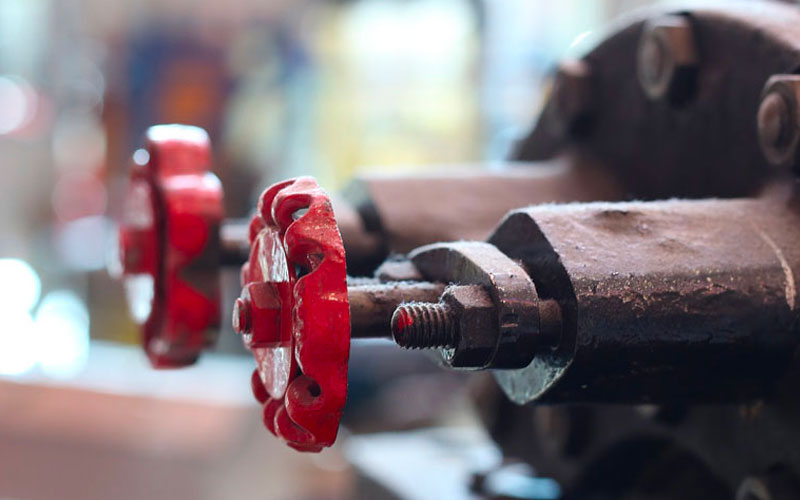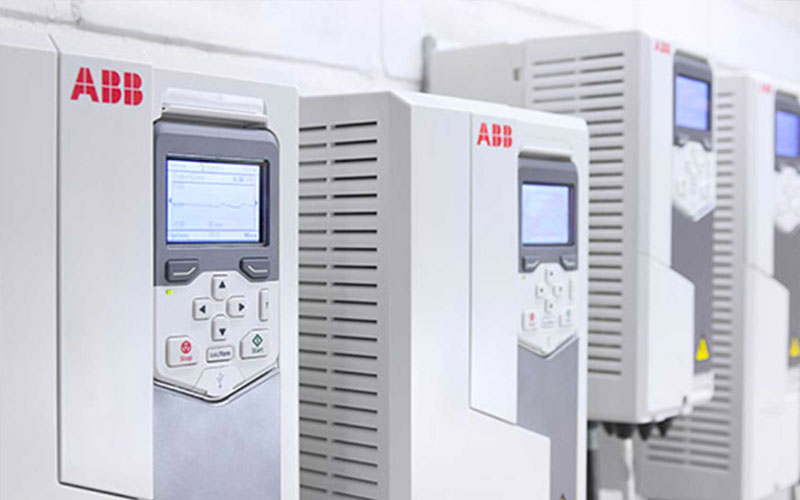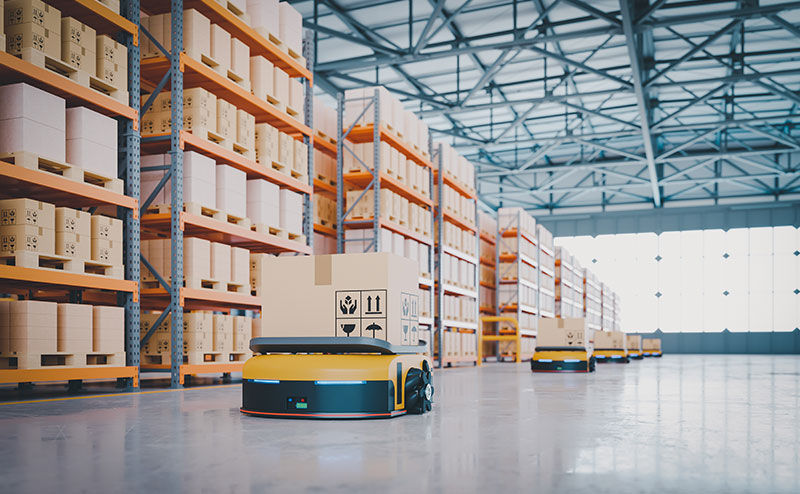What Is a variable-speed drive?
A variable-speed drive (VSD) is a piece of motion control hardware that regulates the RPM (Hz) and/or torque (voltage) of an AC motor.
Some people simply call them "drives" but they go by a number of different names including AC drives, inverter drives, frequency inverters, adjustable-frequency drives (AFD), variable-frequency drives (VFD), variable-voltage drives (VVD) and micro drives.
You might find a VSD in a water treatment facility, where water pumps are used to control the amount of water coming into, and leaving, the plant.

A VSD might be controlled manually via it's hardware interface or intelligently via a programmable logic controller (PLC).
Without a VSD, and when a motor's RPM or torque is too high or too low for its application, mechanical controls are sometimes used to slow, shift and control an application's output — this is often wasteful, using energy and materials inefficiently.

Variable-speed drives are a great alternative to mechanical equipment because they can regulate process output right at the source, saving energy and money whilst cutting down on motor wear, maintenance and scrap.
Implementing VSDs around your facility can be an excellent way to meet your annual emissions and environmental goals, financial goals or just reduce the noise around the facility.

Finally, although a VSD should not be confused with a soft starter, you can also use a VSD to "soft start" motors with a heavy load when they are being powered up and powered down. Again, this provides significant cost and wear benefits for the motor, preventing overheating and excessive wear.
At Foxmere support, sell and repair industrial drive equipment for a number of key brands, including Danfoss, ABB, Siemens and Allen-Bradley.
So, if you want to know more about variable-speed drives or if you are simply looking to purchase, please contact one of our team members on +44 (0)1922 349 999.


